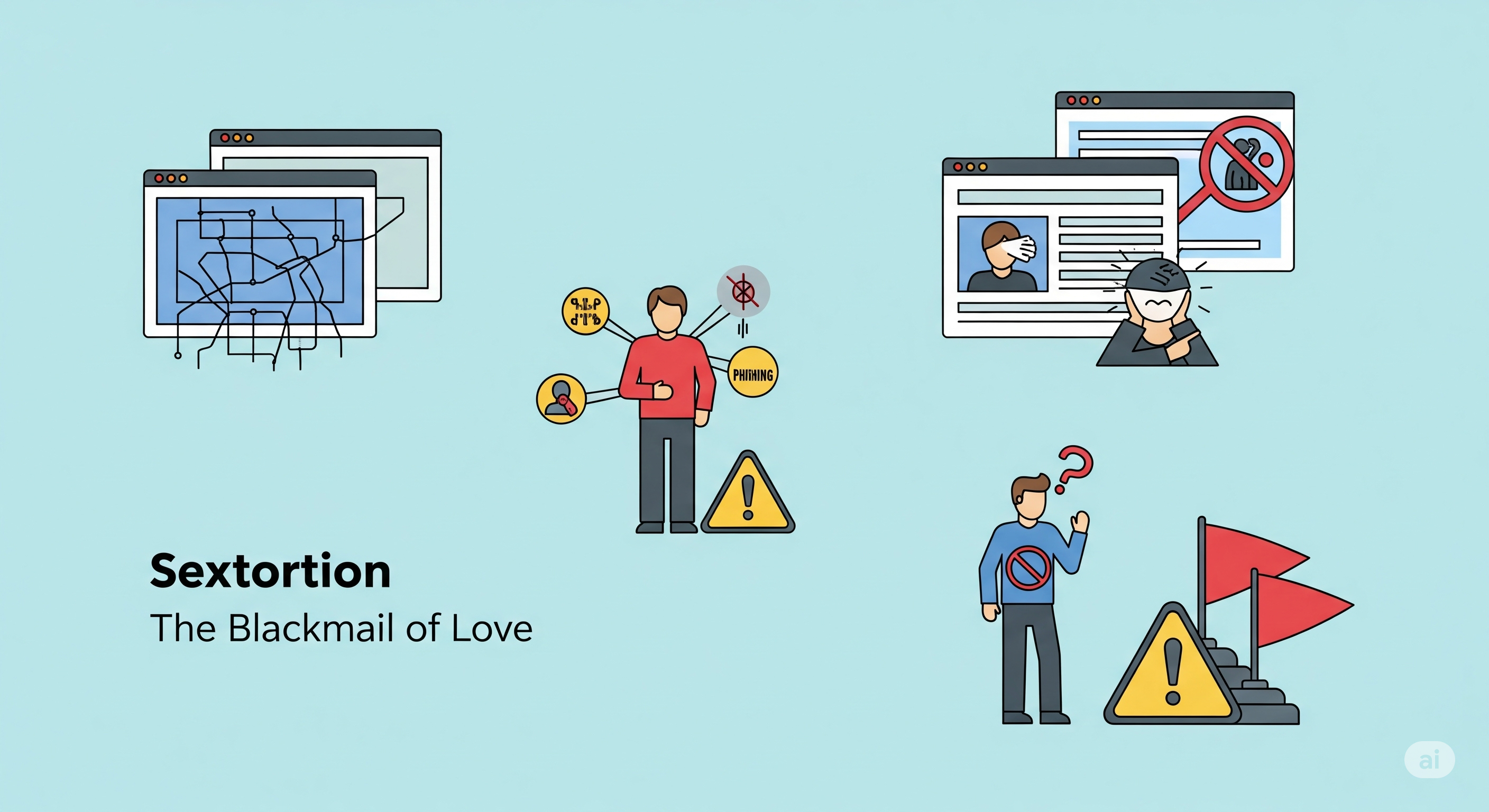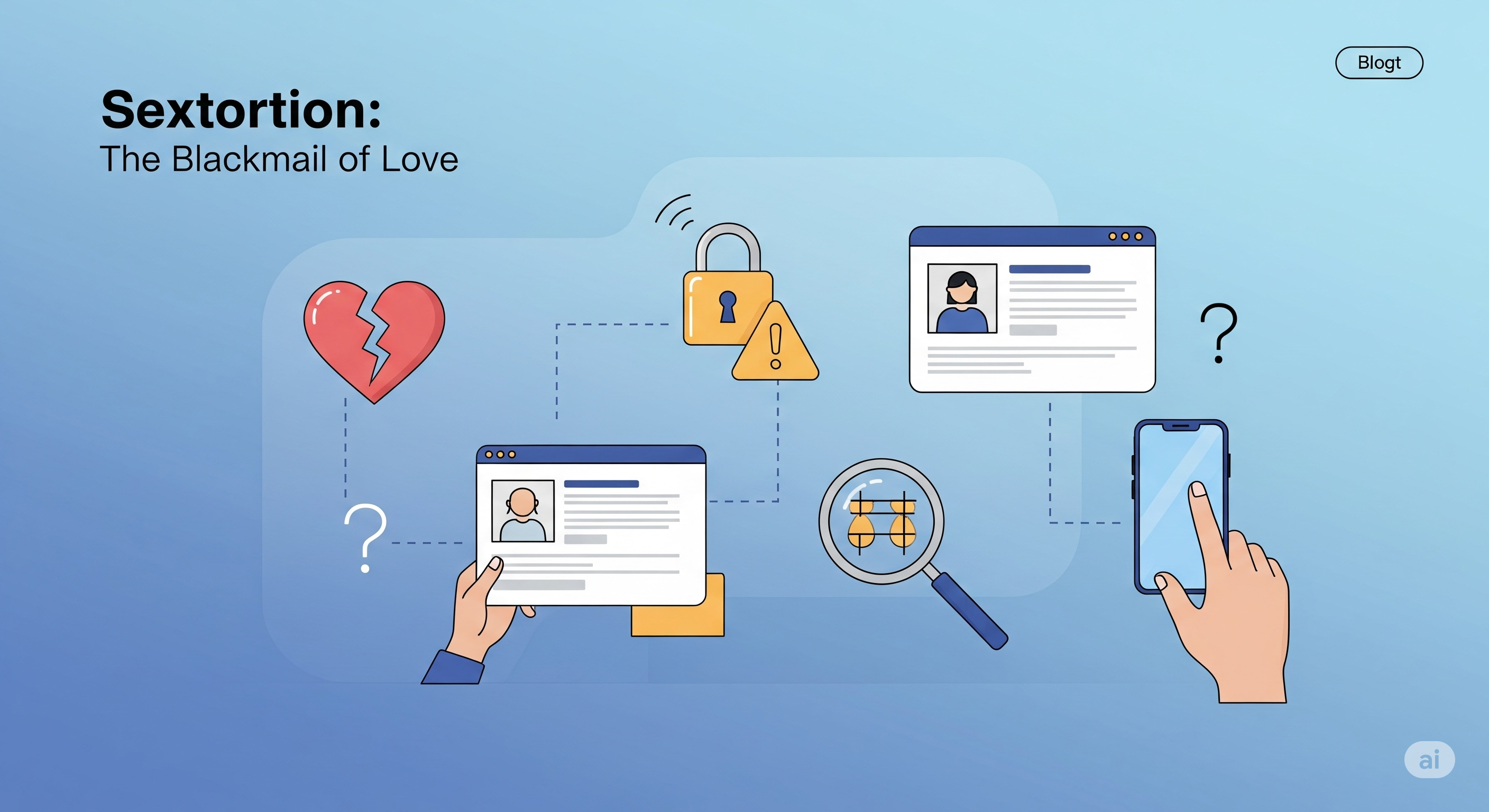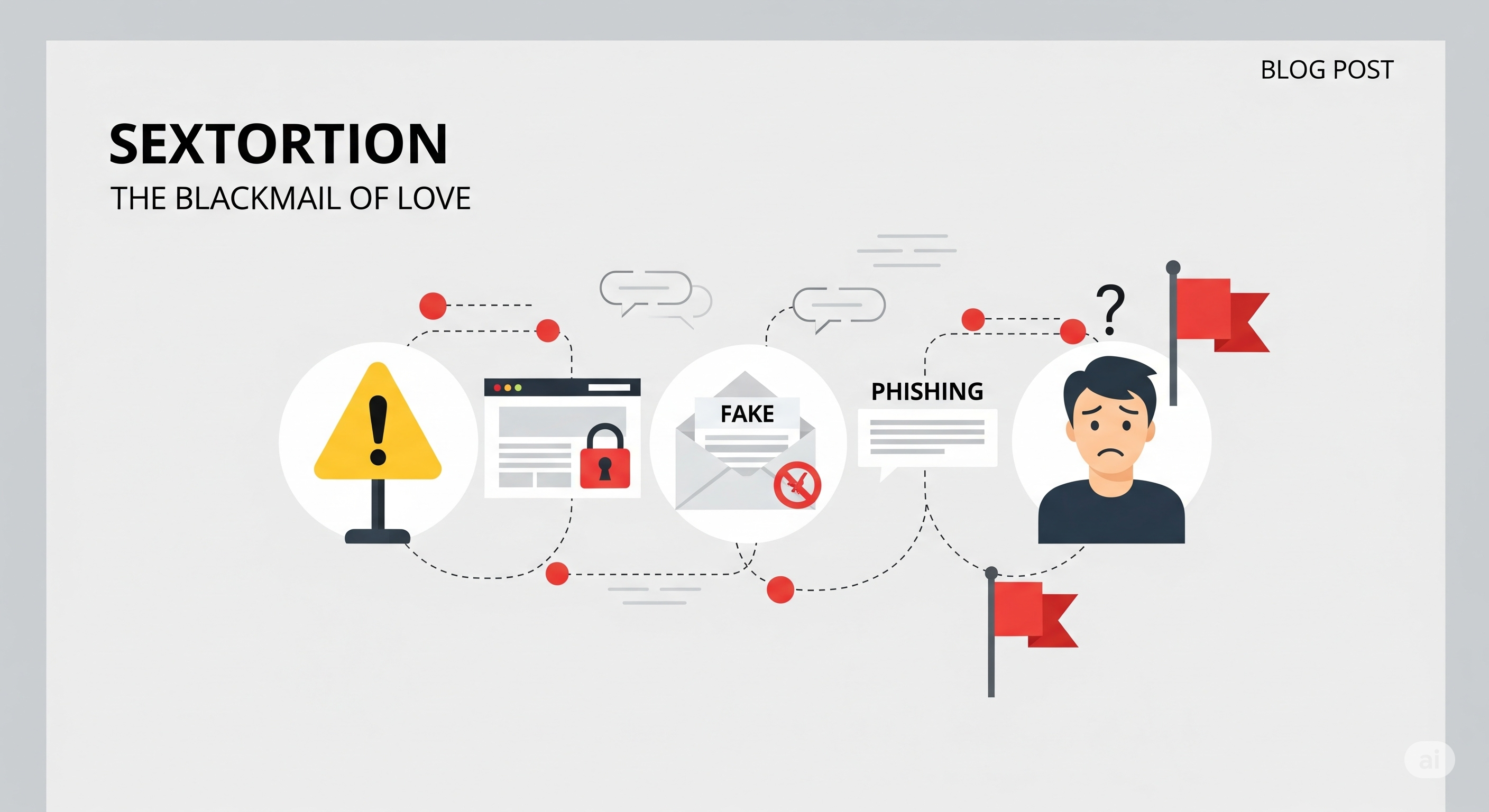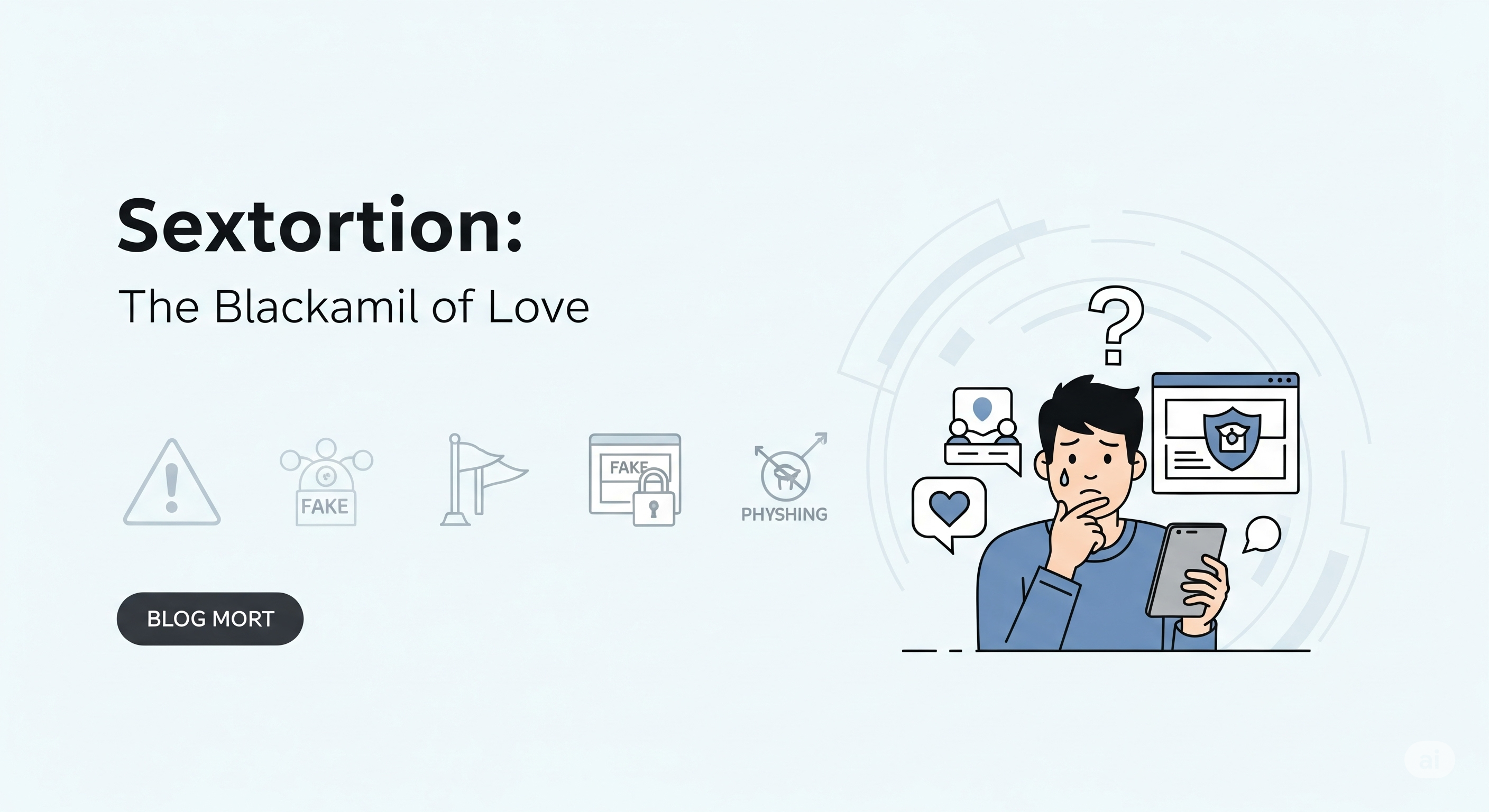Tips & Support
Sextortion The Blackmail of Love
Sextortion The Blackmail of Love
By Admin
Related Topics
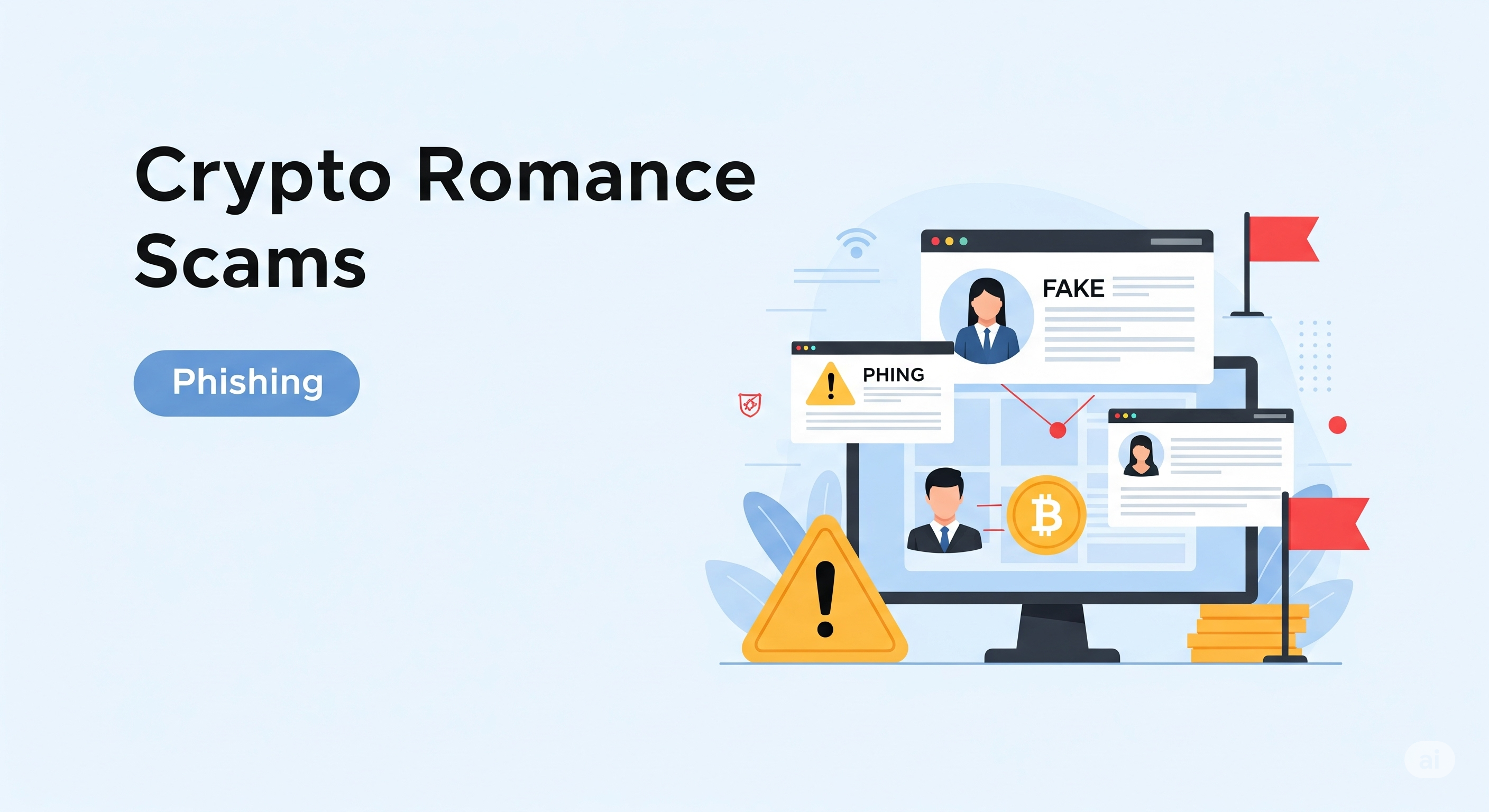
Crypto Romance Scams
In the age of digital love and cryptocurrency a dangerous hybrid scam has emerged nbsp crypto romance scams These scams......
Read More

How Environment Shapes Choices
Have you ever wondered why you purchase stuff you don t need or fell for deals that seem too good......
Read More
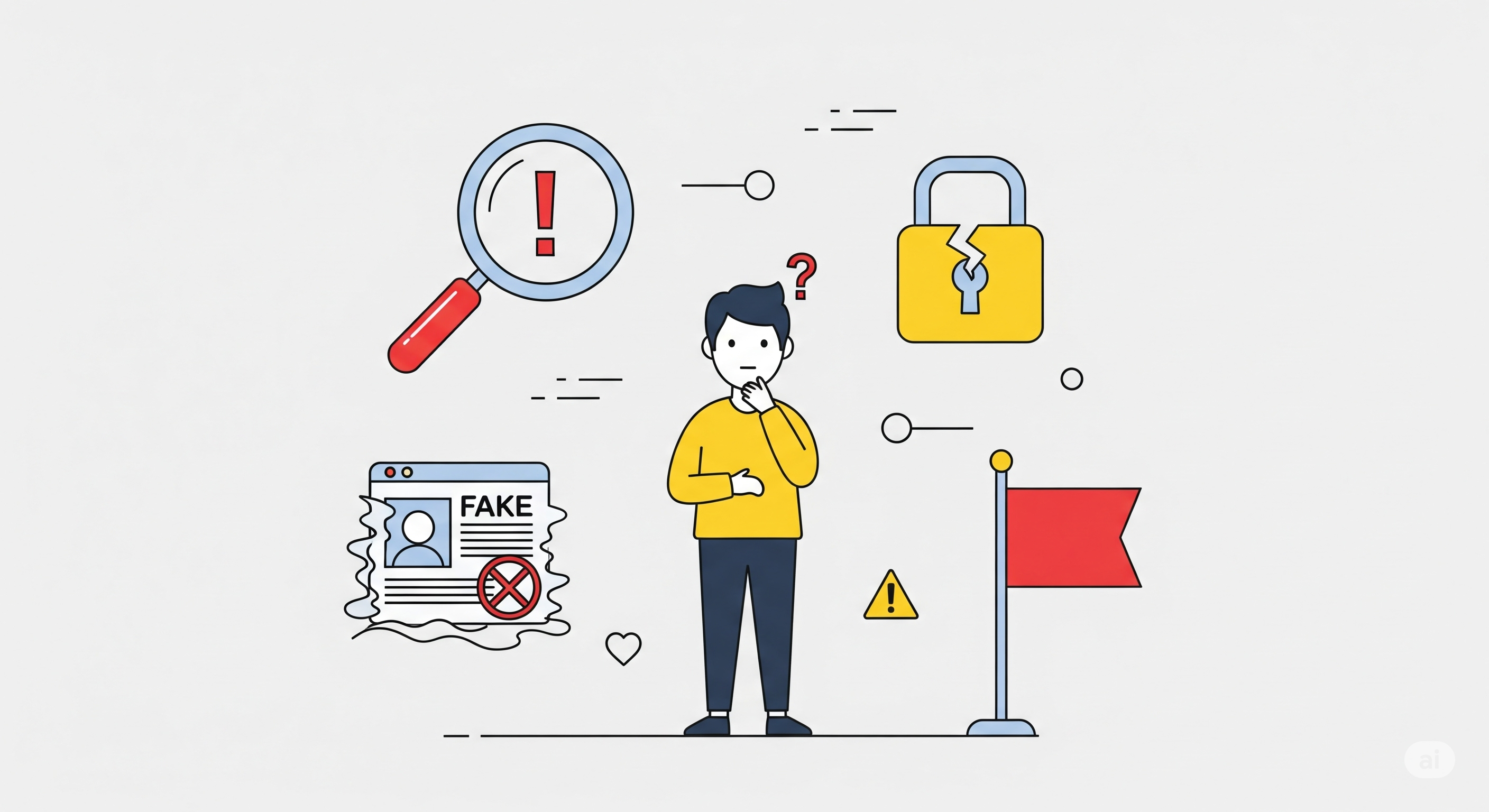
Emotional Scam Hooks
In today s fast-paced digital world scams have evolved into highly sophisticated psychological traps and emotional scam hooks are at......
Read More
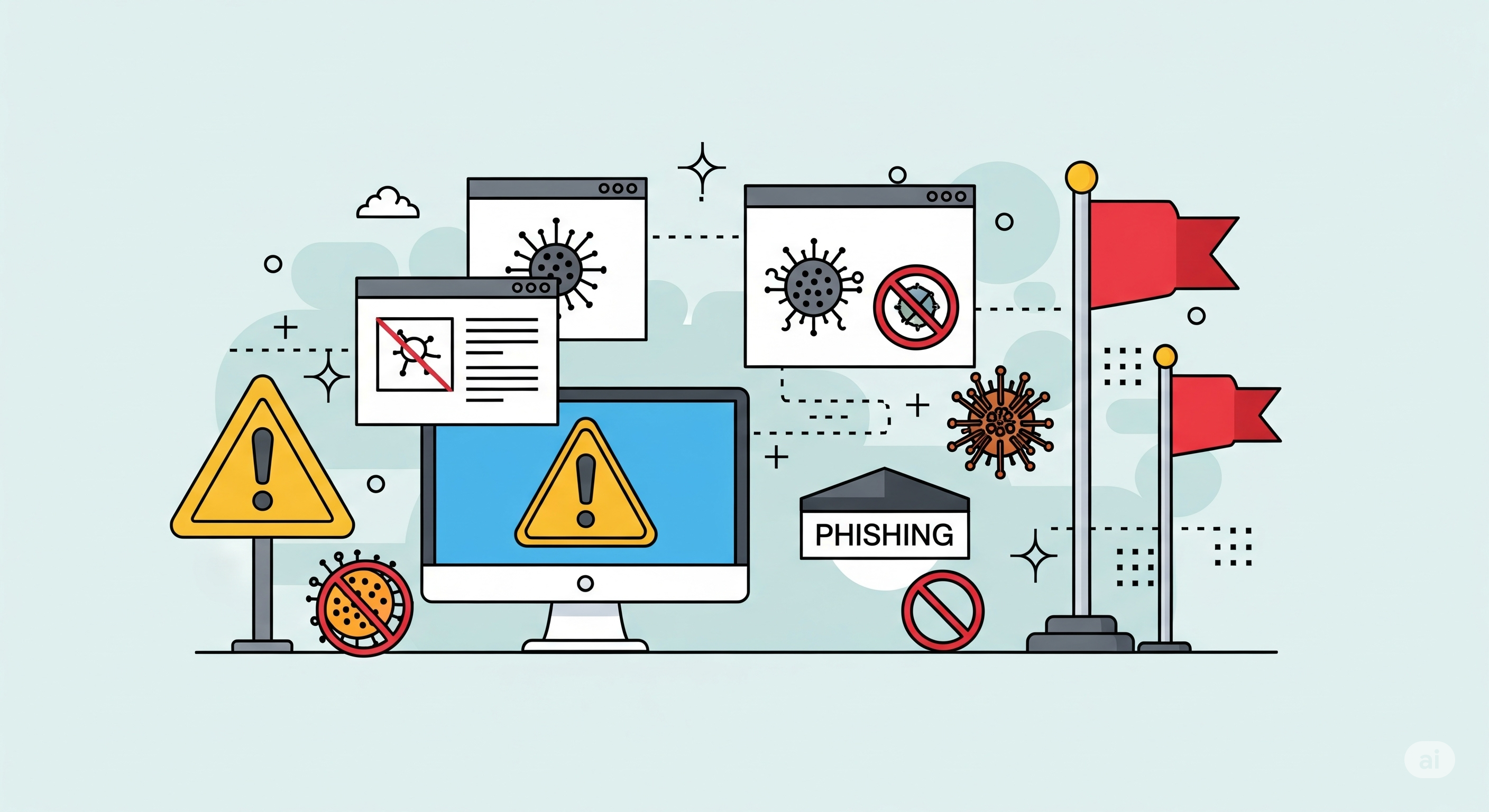
Spotting Online Predators
The internet is a great place to study talk to people have fun and do business but it also has......
Read More

Crypto Romance Scams
In the age of digital love and cryptocurrency a dangerous hybrid scam has emerged nbsp crypto romance scams These scams......
Read More
How Environment Shapes Choices
Have you ever wondered why you purchase stuff you don t need or fell for deals that seem too good......
Read More
Emotional Scam Hooks
In today s fast-paced digital world scams have evolved into highly sophisticated psychological traps and emotional scam hooks are at......
Read More
Spotting Online Predators
The internet is a great place to study talk to people have fun and do business but it also has......
Read More